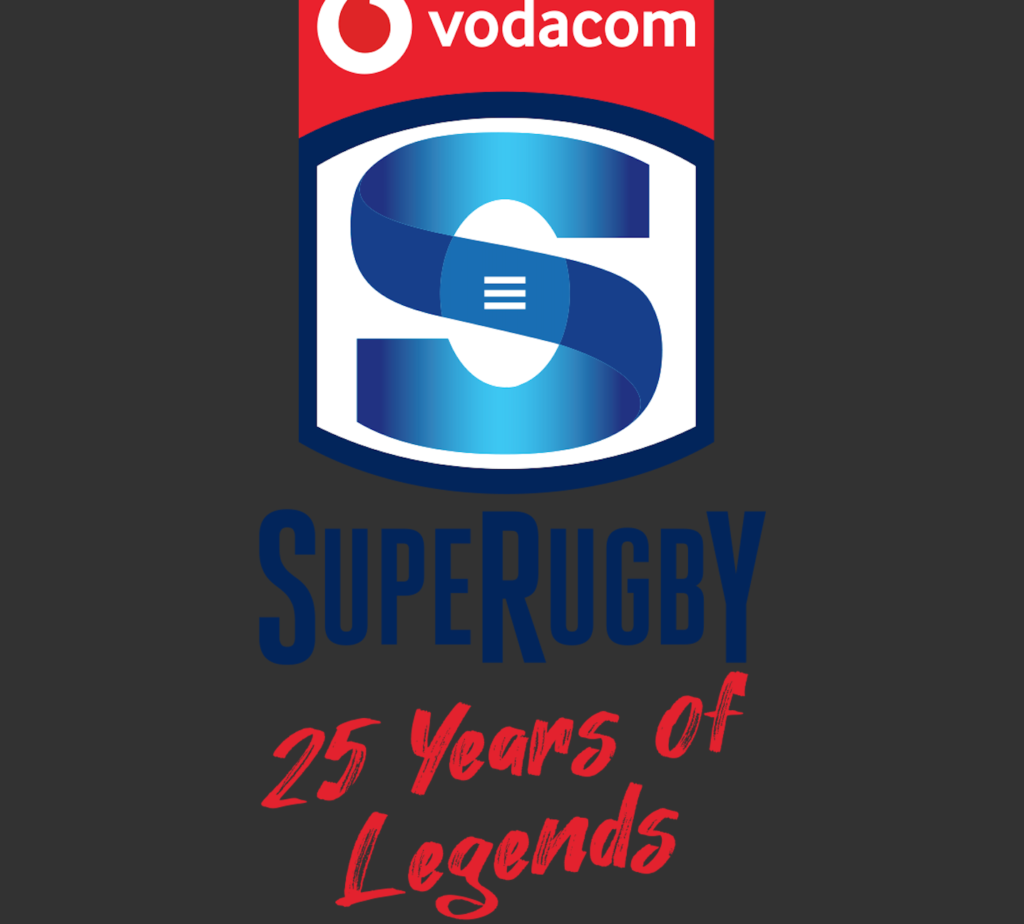In 25 years of Vodacom Super Rugby, it’s been mostly the players and their individual excellence that stands out in the minds of many. But the coaches also have their place in the history of this great competition.
For the South African rugby writers that have covered this iconic competition, there have been a few coaches that stand out in their minds.
As one of the longest-serving rugby writers who was there at the very start of Super Rugby in 1996, Gavin Rich, has one particular coach he’s always enjoyed.
“Back in those days in 1996 I was very much the Natal rugby writer. Ian McIntosh had been sacked by Louis Luyt as the Springbok coach during 1994, and replaced by Kitch Christie who obviously won the 1995 Rugby World Cup with the Springboks. Luyt at that time had a lot to say about McIntosh when he fired him. But the Sharks made the Super Rugby final that year, against a very good Blues team. They got beaten in the final, and Luyt as the then President of SA Rugby and a man obviously very high up in SANZAR, had to give out the medals at that final. And here was Ian McIntosh, a man who Luyt had fired and had a lot to say about publicly, now receiving a medal from the man who fired him, and having outdone all the other South African coaches to reach the final that year. That always sticks in my mind.
‘I used to get on very well with McIntosh. He used to always tell us as journalists – ‘Master, you’re either with us, or against us’.
“Alan Solomons was also very interesting to work with as the coach of the Stormers. He was a lawyer. I remember, I’d written something he wasn’t happy about and he phoned me at 8pm. At 2am the following morning, my wife was standing there asking if I was ever coming to bed. Alan and I just verbally sparred the whole night. Solly just loved to argue. Then I heard later that he told everybody I actually gave as good as I got that night arguing with him.”
Longstanding rugby writer Liam del Carme remembers former Cats coach Laurie Mains as being a particularly tough man to work with.
“Laurie was a very hard man to please, if you were a player or if you were a journalist. He was one of the few coaches who decided to ban journalists if he didn’t like what they’d written. I think I was banned for three months at one point. He would always phone you and say something like, ‘How could you?’ as if what you wrote was somehow a betrayal of the team. He made life interesting for us in the media.”
Koos Venter has three coaches that stand out in his mind.
“Robert du Preez was interesting in his time as the Sharks coach. He was just so rude to the media all the time. And then you had Frans Ludeke when he was at the Vodacom Bulls. He was one of the most decent men you’ll ever find in rugby. An absolute jewel of a man. He would never say a bad word about a player. And then I always remember the passion of Vodacom Bulls coach Heyneke Meyer. Whatever happened on the field, Heyneke took the final responsibility. Other coaches will throw their players under the bus and blame them. But never Heyneke.”
Ken Borland also cut his Super Rugby teeth writing about the Sharks and recalls Ian McIntosh with fondness.
“In those early days of the competition, the media were still invited to the post-match cocktail party and you would chat with the coaches and the players. Ian McIntosh was always very clever in getting what he wanted written across to you. He’d tell you that this is how he saw the match and so on, and in that way plant the seed – kind of telling you what you should be writing about. It was at one of those cocktail parties where I also met a young Jake White. He was the technical advisor to the Sharks, and then already he was as enthusiastic and passionate about the game as he is today.”
When he moved up to Johannesburg and began covering more Vodacom Bulls rugby, Borland also loved his exchanges with Frans Ludeke. But for a different reason.
“His English was as bad as my Afrikaans, so we had some classic exchanges. He always used to tell me, ‘Ken, it’s not rock science’. And when I once asked him about the value of having such pace on the wings in his team, he said, ‘Ja Ken, spot on. Speed kills’.”




